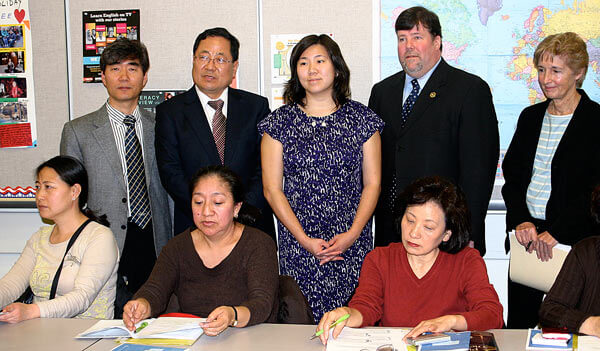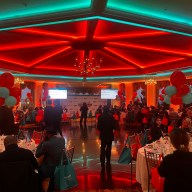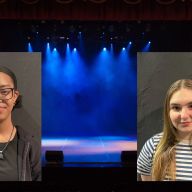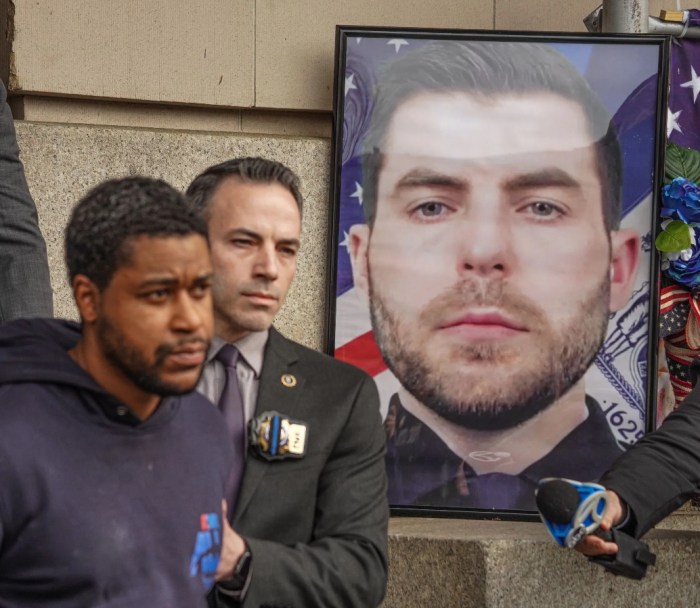By Tatyana Southerland
Flushing Library Director Donna Ciampa-Lauria and the city Human Rights Commission invited two South Korean officials to a discussion on human rights for immigrants last month at the Flushing Library.
Kyung-ryul Lee, director of the Human Rights Office of Gwangju City in Korea, and Dr. Jaechul Kim, chief of the Social and Cultural Department at Gwangju Development Institute, visited the library’s English for Speakers of Other Languages program, an adult literacy class for immigrants, to discuss with students and the commission staff the challenges immigrants face when adapting to a new country.
“ It was a great opportunity to exchange ideas with Korean dignitaries,” said Assemblywoman Grace Meng (D-Flushing).
The two officials were seeking ways to apply some of the commission’s human rights advocacy programs to their own human rights programs back home.
Lee’s hometown of Gwangju, South Korea’s sixth-largest city, has growing immigrant populations from Bangladesh, Pakistan, China and the Philippines and, although there are multicultural centers throughout the city that help serve as resources, the centers are not localized like they are in Queens or other parts of the city. South Korea’s human rights policies are in need of improvement because resources are spread out and hard to access, according to Kim and they are looking to the U.S. for examples on how to do so.
“In Gwangju, where I come from, we believe the United States has a good system of human rights,” Lee said.
“Immigrants are a very vulnerable group, especially in a not so good economy” said Betsy Herzog, spokeswoman for the city Commission on Human Rights, which sponsored the program
The program was created by the NYC Human Rights Commission to teach beginner, intermediate and advanced English as well as teach immigrants their employment rights under the city Human Rights Law and federal anti-discrimination laws.
Queens’ non-English speaking immigrants are subject to employment and housing discrimination and their difficulty speaking and understanding English leaves them without a voice to speak out against unlawful treatment, according to Katie Bracken, director of Queens Community Service Center,
The adult-literacy program at Flushing Library helps address immigrants’ concerns. Flushing has a large immigrant population, particularly Korean, Chinese and Hispanic residents, and the English class reflects Queen’s wide diversity. In addition to teaching English, the class informs students about a wide range of topics, such as employment discrimination, their legal protections under the city human rights law to even educating them on proper nutrition. Before the South Korean officials arrived an instructor was teaching the small class how to navigate the food pyramid in English.

































